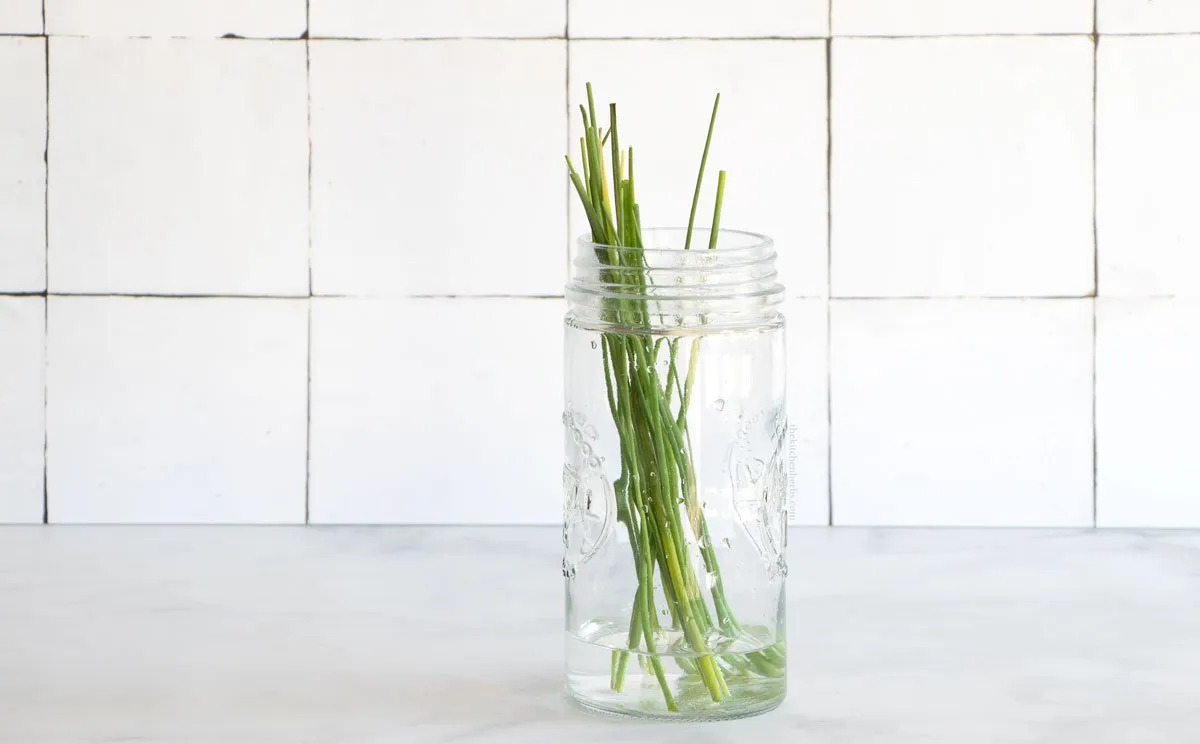

Articles
How To Store Chives In Water
Modified: May 6, 2024
Learn how to store chives in water and keep them fresh for longer. Read our informative articles for expert tips and tricks.
(Many of the links in this article redirect to a specific reviewed product. Your purchase of these products through affiliate links helps to generate commission for Storables.com, at no extra cost. Learn more)
Introduction
Welcome to the world of chives, a versatile and flavorful herb that can elevate the taste of any dish. Whether you grow your own chives or purchase them from the store, knowing how to properly store them is essential to maintain their freshness and maximize their shelf life. While there are various methods for storing chives, one particularly effective technique is storing them in water.
In this article, we will discuss the benefits of storing chives in water and provide a step-by-step guide to help you store your chives this way. By following these simple steps, you can ensure that your chives stay vibrant, crisp, and aromatic for longer periods.
Key Takeaways:
- Storing chives in water prolongs freshness, maintains flavor, and preserves appearance. It also makes chives easily accessible and allows for versatile usage, ensuring vibrant, flavorful culinary creations.
- Harvest, clean, and store chives in water to enjoy prolonged freshness and vibrant flavor. Regularly change the water, refrigerate properly, and use the stored chives to enhance your culinary adventures.
Read more: How To Store Garlic Chives
Benefits of Storing Chives in Water
Storing chives in water offers several advantages over other storage methods. Here are some of the key benefits:
- Prolongs freshness: Storing chives in water helps to extend their freshness. The water provides moisture to the chives, keeping them hydrated and preventing them from wilting or drying out.
- Maintains flavor: Chives stored in water retain their natural flavor better compared to other storage methods. The water acts as a barrier, preventing the loss of essential oils that contribute to the herb’s distinct taste and aroma.
- Preserves appearance: By storing chives in water, you can maintain their vibrant green color for a longer time. This is especially beneficial if you plan to use the chives as a garnish or in dishes where aesthetics matter.
- Easy to access: Storing chives in water makes them easily accessible. Instead of having to search for them in the refrigerator or pantry, you can simply reach for the container of water and pluck the desired amount of fresh chives whenever you need them.
- Versatile storage: Unlike some other storage methods that limit the usage of chives, storing them in water allows for multiple ways of utilizing them. You can use the chives as they are, or even propagate them further by allowing the roots to continue growing in water.
By taking advantage of these benefits, you can ensure that your chives remain vibrant, flavorful, and readily available whenever you want to add a burst of freshness to your culinary creations.
Step 1: Harvesting Fresh Chives
The first step in storing chives in water is to harvest fresh chives from your garden or purchase them from a trusted source. Harvesting your own chives is a rewarding experience, as you can ensure that they are at their peak freshness. Here’s how you can harvest fresh chives:
- Choose the right time: Chives are best harvested in the morning when their flavor and aroma are most potent. However, you can also harvest them in the late afternoon or evening, as long as the weather is cool and the plants are well-hydrated.
- Use clean, sharp scissors: Select a pair of clean, sharp scissors or pruning shears to minimize damage to the chive plants. Make sure the blades are clean to reduce the risk of introducing any contaminants.
- Cut the chives: Position your scissors about an inch above the base of the chive plant, and carefully cut the stalks. Aim to cut no more than one-third of the plant to promote regrowth and ensures the plant’s continued vitality.
- Choose healthy stalks: Select stalks that are vibrant green, firm, and free from any signs of wilting or yellowing. Avoid harvesting chives that have flower buds, as they tend to have a more intense taste and can be bitter.
- Harvest in moderation: Though it can be tempting to harvest a large amount of chives at once, it’s best to harvest only what you need. This allows the plant to continue growing and ensures a steady supply of fresh chives in the future.
By following these steps, you can harvest fresh chives that are packed with flavor and ready to be stored in water to prolong their shelf life.
Step 2: Cleaning the Chives
Once you have harvested fresh chives, it’s important to clean them properly to remove any dirt, debris, or pests. Proper cleaning ensures that you store clean and sanitary chives in water. Follow these steps to clean your chives:
- Trim the roots: Start by trimming off the root ends of the chives. Use a clean pair of kitchen shears or a sharp knife to remove any excess roots.
- Separate the stalks: Gently separate the chive stalks from each other. This will allow you to clean each stalk individually and ensures that you don’t miss any hidden dirt or insects.
- Rinse with water: Place the chives under cool running water and rinse them thoroughly. Gently rub the stalks between your fingers to dislodge any dirt or debris that may be clinging to them.
- Inspect for pests: As you clean the chives, carefully inspect them for any signs of pests. Look for small insects or eggs on the stalks. If you spot any pests, remove them gently before proceeding.
- Pat dry: Once the chives are clean, gently pat them dry with a clean kitchen towel or paper towels. It’s important to remove excess moisture to prevent premature spoilage when storing them in water.
- Optional: Sanitize: If desired, you can sanitize the chives by soaking them in a solution of water and vinegar. Mix one part vinegar with three parts water and let the chives soak for a few minutes. This step helps to kill any remaining bacteria or pathogens.
By following these cleaning steps, you can ensure that your chives are free from dirt, pests, and contaminants, making them safe and hygienic to store in water.
Step 3: Preparing the Storage Container
Choosing the right storage container for your chives is essential to keep them fresh and hydrated when stored in water. Follow these steps to prepare the storage container:
- Select a container: Choose a container that is tall enough to accommodate the length of the chive stalks. A glass jar or a plastic container with a lid works well for this purpose. Make sure the container is clean and free from any residues or odors.
- Sanitize the container: Before using the container, sanitize it to ensure it’s free from bacteria or contaminants. You can do this by washing it with hot, soapy water or by using a solution of equal parts water and vinegar to remove any potential residue.
- Add water: Fill the container with clean, room temperature water. Ensure that there is enough water to fully submerge the chive stalks without overflowing the container.
- Optional: Add a splash of lemon juice: For an extra pop of freshness, you can add a squeeze of lemon juice to the water. The acidity in the lemon juice helps to inhibit bacterial growth and can prolong the freshness of the chives.
- Leave some headspace: Leave a small gap at the top of the container to prevent any overflow when you add the chives. This space also allows for adequate air circulation, which can help maintain the freshness of the chives.
By preparing the storage container properly, you create an optimal environment for storing your chives in water, ensuring that they stay fresh and hydrated for an extended period.
Read more: How To Store Chives In The Fridge
Step 4: Adding Water to the Container
Once you have prepared the storage container, it’s time to add water to create the perfect environment for storing your chives. Follow these steps to add water to the container:
- Use clean, room temperature water: Fill the container with clean, room temperature water. It’s important to use water that is free from impurities or chemicals to preserve the freshness of the chives.
- Do not overfill: Fill the container with enough water to submerge the chives but avoid overfilling it. Leave some space at the top to prevent any water from overflowing when you add the chives.
- Ensure the water level is sufficient: Make sure the water level is enough to fully cover the bottom ends of the chive stalks. The water should come up to at least an inch or two below the cut ends of the chives.
- Optional: Add ice cubes: If you live in a particularly warm or humid climate, you can add a few ice cubes to the water. This helps to maintain a cooler temperature, which can slow down the wilting process and preserve the freshness of the chives.
- Gently swirl the water: After adding the water, gently swirl the container to mix it and ensure that it covers the base of the chives evenly. This helps to hydrate all parts of the chive stalks.
By adding water to the container correctly, you create a suitable and hydrating environment for storing your chives, keeping them fresh and crisp for an extended duration.
To store chives in water, place the cut stems in a glass of water, cover with a plastic bag, and store in the refrigerator. Change the water every few days to keep the chives fresh.
Step 5: Placing the Chives in the Water
Now that you have prepared the container and added water, it’s time to place the chives in the water for storage. Follow these steps to properly position the chives in the container:
- Hold the chives upright: Take a bunch of chives in your hand and hold them upright. Make sure the cut ends of the chives are facing downward and will be submerged in the water.
- Even the ends: Trim the ends of the chives if they are uneven or if any of the stalks are frayed. This will ensure that the chives sit evenly in the water and receive proper hydration.
- Lower the chives into the container: Gently lower the chives into the container, allowing the cut ends to touch the water. Take care to ensure that the stalks stay upright and don’t bend or rest on the sides of the container.
- Arrange the chives: Adjust the position of the chives if needed to ensure they are evenly spaced and not crowded in the container. This will allow for proper air circulation and prevent any chives from becoming waterlogged.
- Optional: Use a rubber band: If desired, you can use a rubber band to secure the chives together near the top. This helps to keep them in place and prevent them from spreading out or falling over in the container.
By placing the chives properly in the water, you create a conducive environment for maintaining their freshness and ensuring they stay hydrated throughout the storage period.
Step 6: Storing Chives in the Refrigerator
Once the chives are placed in the water, it’s time to store them in the refrigerator. The cool temperature of the refrigerator helps to maintain the freshness and crispness of the chives. Follow these steps to store chives in the refrigerator:
- Cover the container: If your storage container has a lid, securely cover it. This helps to create a controlled environment and prevents any odors from permeating the chives.
- Place in the refrigerator: Find a suitable spot in your refrigerator to store the container of chives. Ideally, choose a cooler area, such as the vegetable drawer or a lower shelf near the back, where the temperature is more consistent.
- Avoid overcrowding: Make sure not to overcrowd the refrigerator, as proper air circulation is crucial to keep the chives fresh. Leave some space around the container to allow for adequate airflow.
- Keep away from ethylene-producing fruits: To prevent premature wilting, keep the container of chives away from ethylene-producing fruits, such as apples, bananas, and tomatoes. Ethylene can accelerate the aging process of the chives and cause them to wilt faster.
- Check the temperature: Ensure that the refrigerator temperature is set between 35°F to 40°F (1.7°C to 4.4°C). This temperature range helps to slow down the decomposition process and maintain the quality of the chives.
By storing the chives in the refrigerator, you create a cool and controlled environment that preserves their freshness and extends their shelf life.
Step 7: Changing the Water Regularly
To maintain the freshness of the chives stored in water, it is important to change the water regularly. This helps to prevent the growth of bacteria, keep the chives hydrated, and prolong their shelf life. Here’s how to change the water:
- Determine the frequency: Depending on the condition of the water and chives, you may need to change the water every two to three days. If the water appears cloudy or develops a foul odor, it is a clear indication that it needs to be changed.
- Carefully remove the chives: Start by gently removing the chives from the container. Be careful not to damage the delicate chive stalks in the process.
- Empty the container: Pour out the old water from the container. Rinse the container with clean water to remove any residue or impurities.
- Refill the container with fresh water: Fill the container with fresh, room temperature water. Make sure the water level is sufficient to submerge the chives, but avoid overfilling.
- Return the chives to the container: Place the chives back into the container, ensuring that the cut ends are submerged in the fresh water.
- Optional: Add a splash of lemon juice: If desired, add a small amount of lemon juice to the fresh water. This can help to maintain the freshness of the chives and inhibit bacterial growth.
- Store in the refrigerator: Once the water has been changed, cover the container and return it to the refrigerator for continued storage.
By regularly changing the water, you create a clean and hygienic environment for storing the chives, helping to keep them fresh and flavorful for an extended period.
Read more: How Long To Dry Chives In A Dehydrator
Step 8: Using Stored Chives
Now that you have successfully stored your chives in water and maintained their freshness, it’s time to enjoy their flavor and enhance your culinary creations. Here are some tips on using the stored chives:
- Remove the chives from the water: When you’re ready to use the chives, carefully remove them from the water container. Shake off any excess water and gently pat them dry with a paper towel.
- Chop or snip as desired: Depending on your recipe, you can chop or snip the chives into smaller pieces. Use a sharp kitchen knife or kitchen shears to achieve the desired size. Remember to discard any discolored or wilted parts.
- Add to dishes: Sprinkle chopped or snipped chives over your favorite dishes to add a burst of fresh flavor. They pair well with salads, soups, stews, omelets, cream cheese, sour cream, and many other savory dishes.
- Use as a garnish: Use the chive stalks or finely chopped chives as a garnish to enhance the presentation of your dishes. They add a pop of vibrant green color and a touch of elegance to any plate.
- Experiment with recipes: Don’t be afraid to get creative with your use of chives. They can elevate the taste of various dishes, such as mashed potatoes, dips, dressings, seafood, and even homemade bread. Let your imagination guide you!
- Enjoy the flavor: The stored chives will still retain their distinct flavor and aroma. Taste and savor the fresh onion-like taste that chives bring to your dishes. Adjust the amount according to your preference.
Remember to return any remaining chives to the water after use and continue to change the water regularly to keep them fresh for as long as possible.
By following these steps and utilizing your stored chives, you can enhance the flavor and visual appeal of your dishes, bringing a touch of freshness to your culinary adventures.
Conclusion
Storing chives in water is a simple yet effective method to prolong their freshness and maintain their vibrant flavor. By following the steps outlined in this guide, you can easily store your chives in water and enjoy their culinary benefits for an extended period.
From the benefits of storing chives in water to the step-by-step process of harvesting, cleaning, preparing the storage container, adding water, and placing the chives, each step plays a crucial role in ensuring their longevity. Regularly changing the water and properly storing the container in the refrigerator further contributes to maintaining the freshness of the chives.
Once the chives are stored, you can easily access them whenever needed. The fresh, crisp chives can be conveniently added to various dishes, serving as a flavorful garnish or enhancing the taste of soups, salads, sauces, and more. Their vibrant green color and distinctive flavor will enhance the visual presentation and taste of your culinary creations.
Remember to care for your stored chives by regularly changing the water, keeping them away from ethylene-producing fruits, and maintaining the proper refrigeration temperature. With proper storage and usage, your chives will continue to bring a burst of freshness to your recipes.
So, whether you have a bountiful supply of chives from your own garden or have purchased them from the store, store them in water to prolong their shelf life, maximize their flavor, and enjoy the convenience of having fresh chives readily available whenever you need them.
Excited to keep your chives fresh with water? Don't stop there! Mastering herb preservation is key for any home gardener or cook. Dive into our detailed guide on the best methods to ensure all your herbs remain vibrant and flavorful throughout the year. Whether you're a seasoned green thumb or a kitchen newbie, this resource is packed with handy tips and tricks to elevate your culinary creations. Ready to keep your kitchen thriving with fresh flavors? Check out our comprehensive article on herb storage.
Frequently Asked Questions about How To Store Chives In Water
Was this page helpful?
At Storables.com, we guarantee accurate and reliable information. Our content, validated by Expert Board Contributors, is crafted following stringent Editorial Policies. We're committed to providing you with well-researched, expert-backed insights for all your informational needs.
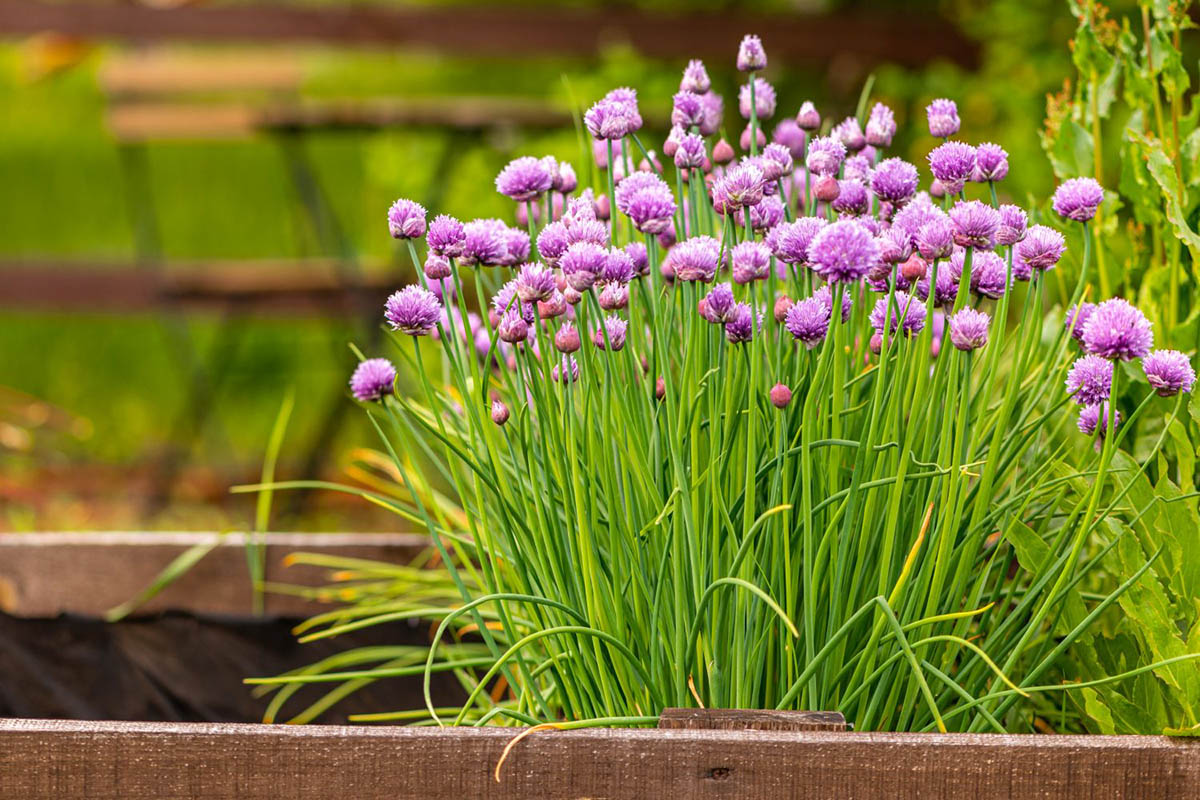
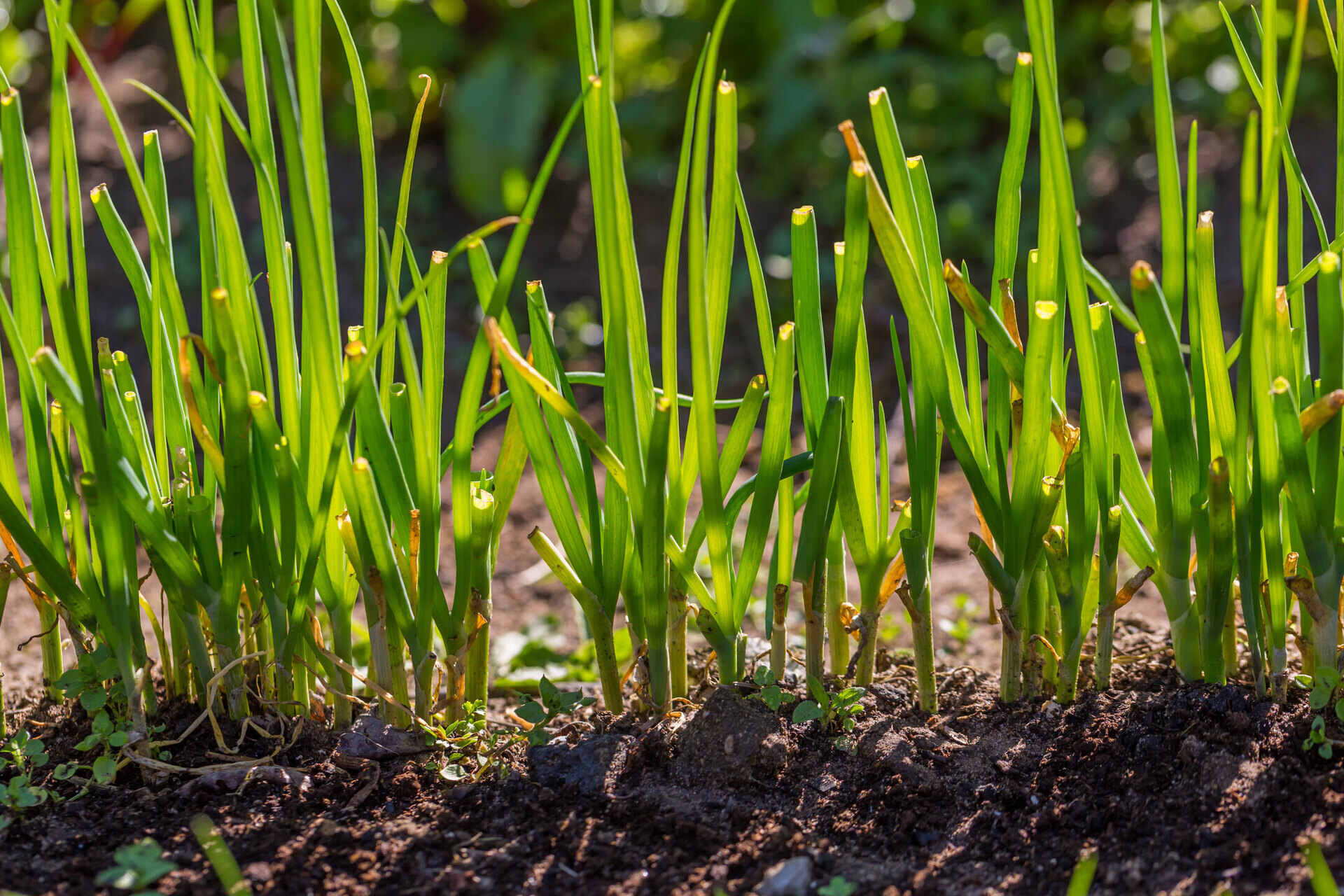
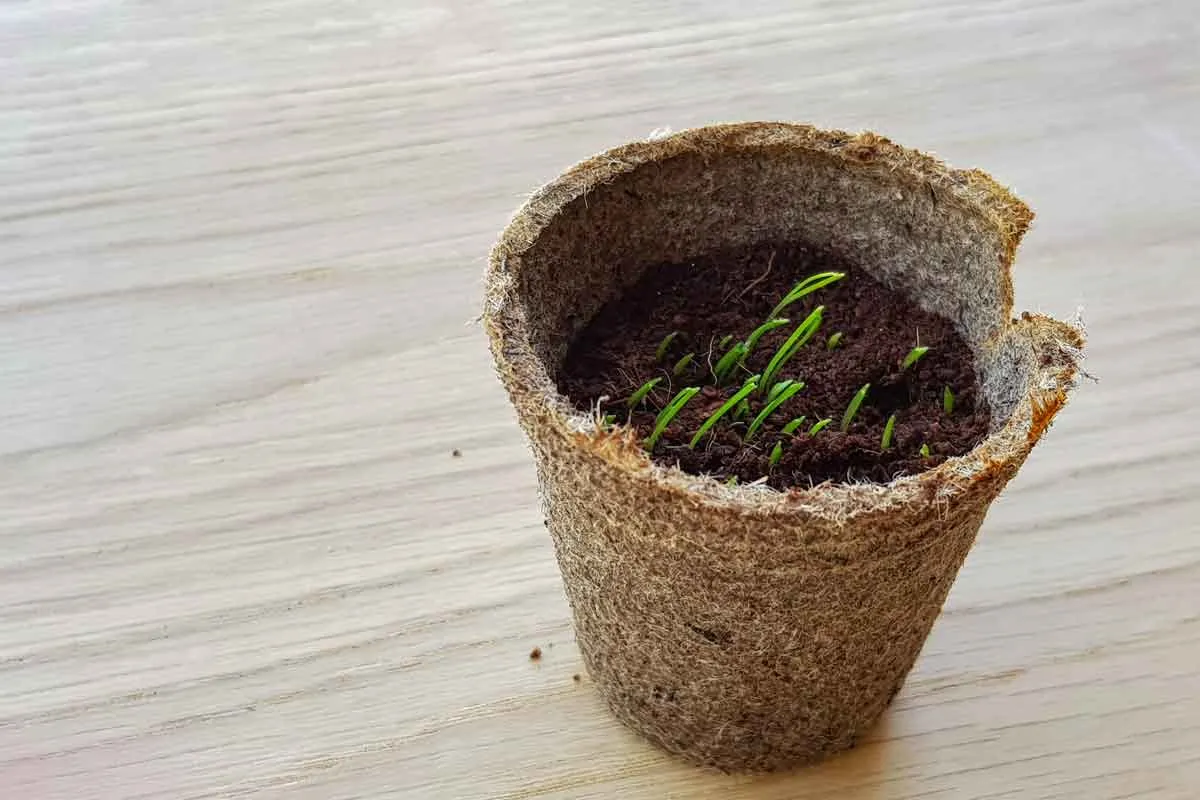

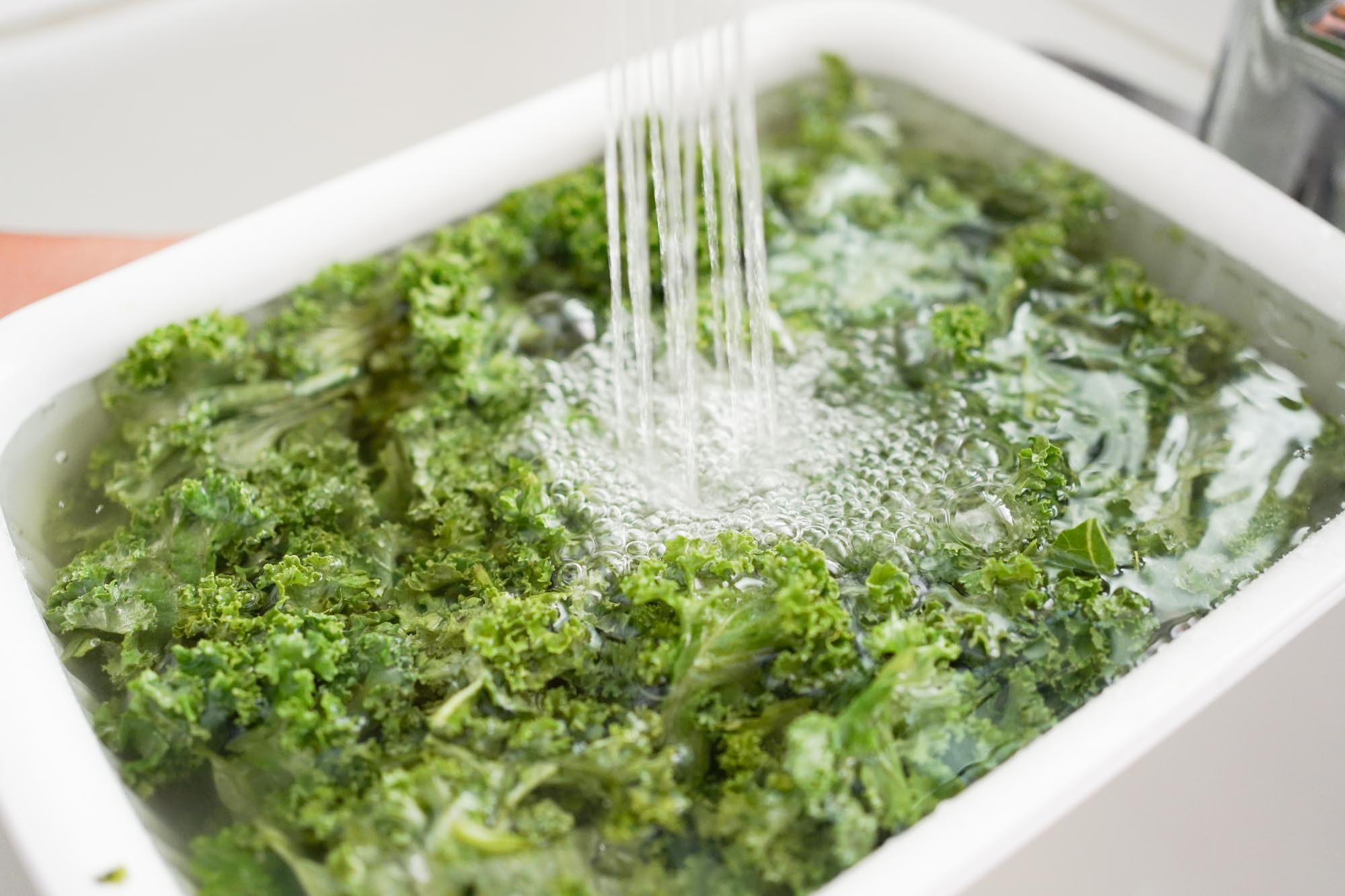
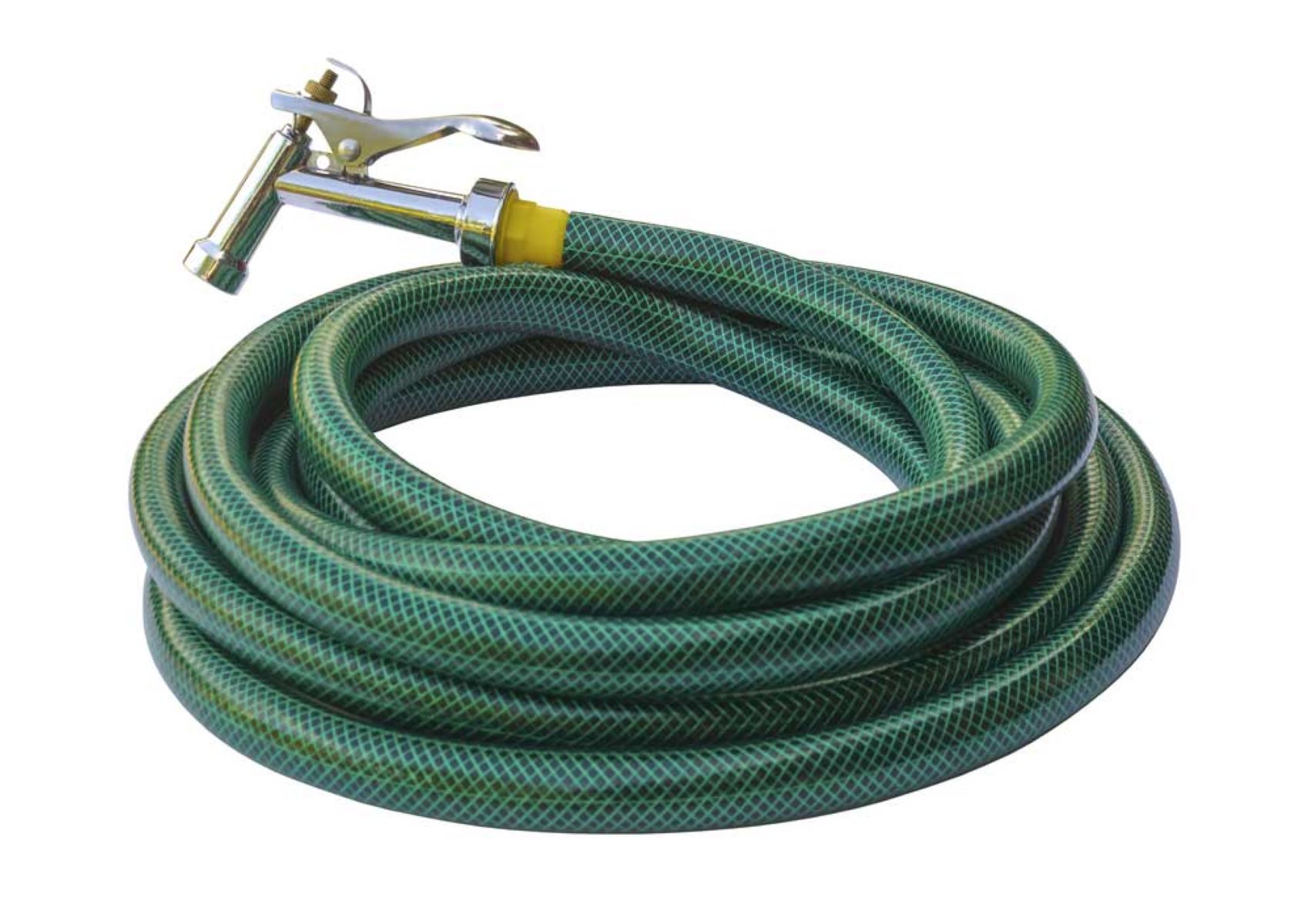
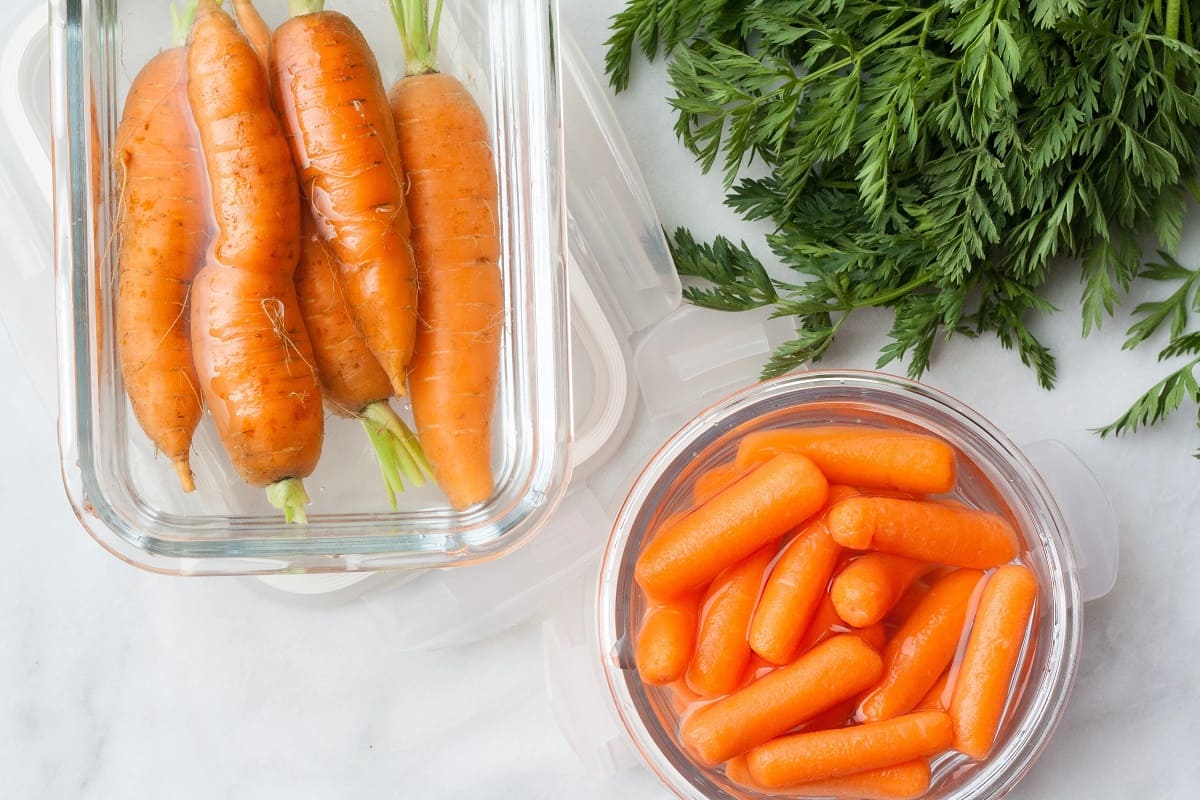

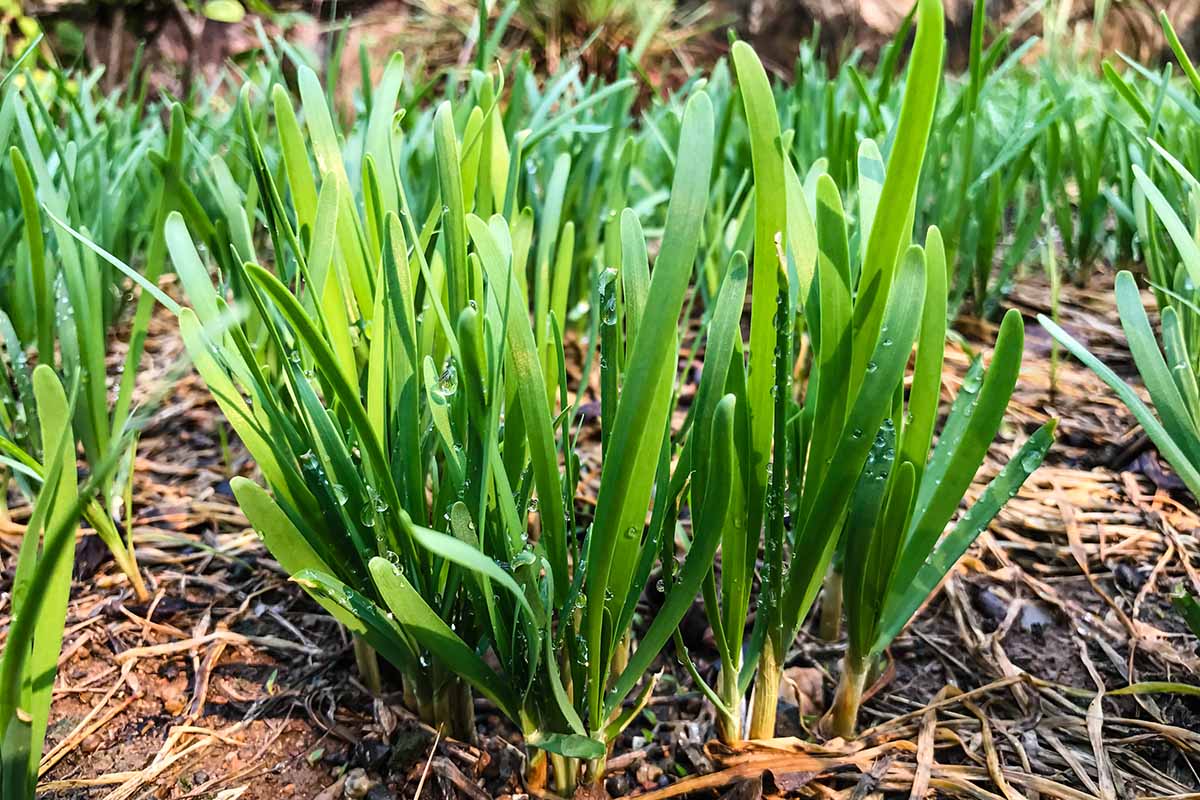
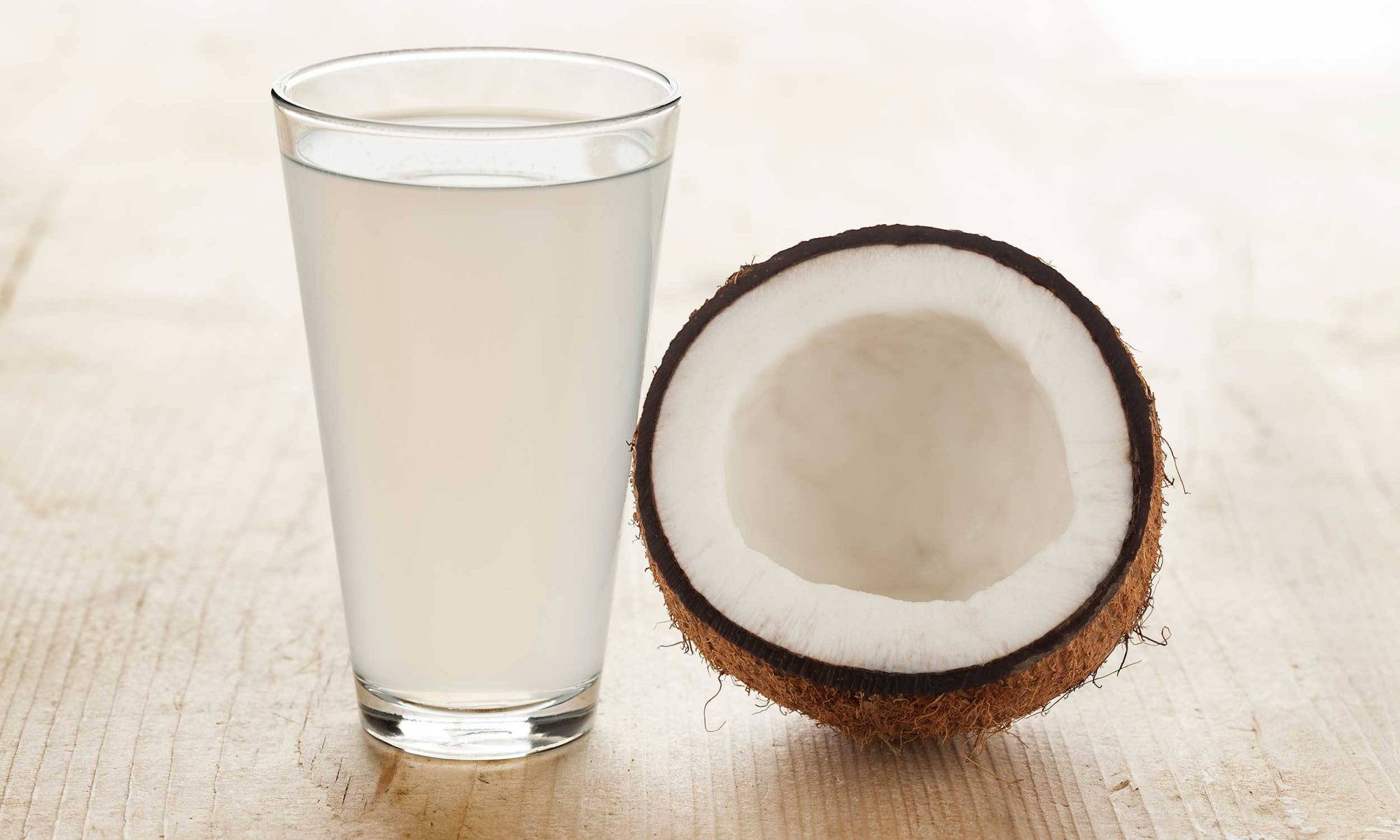

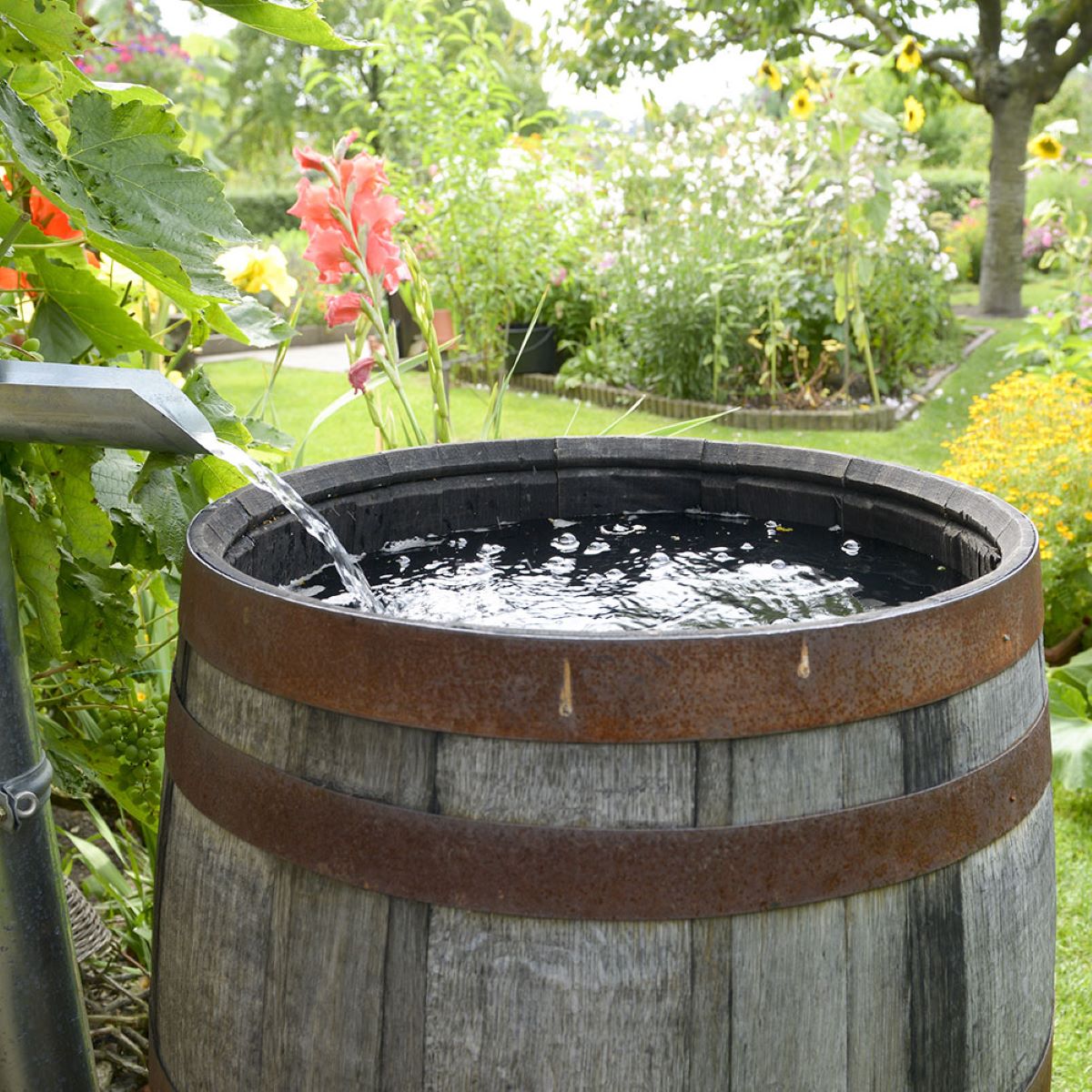
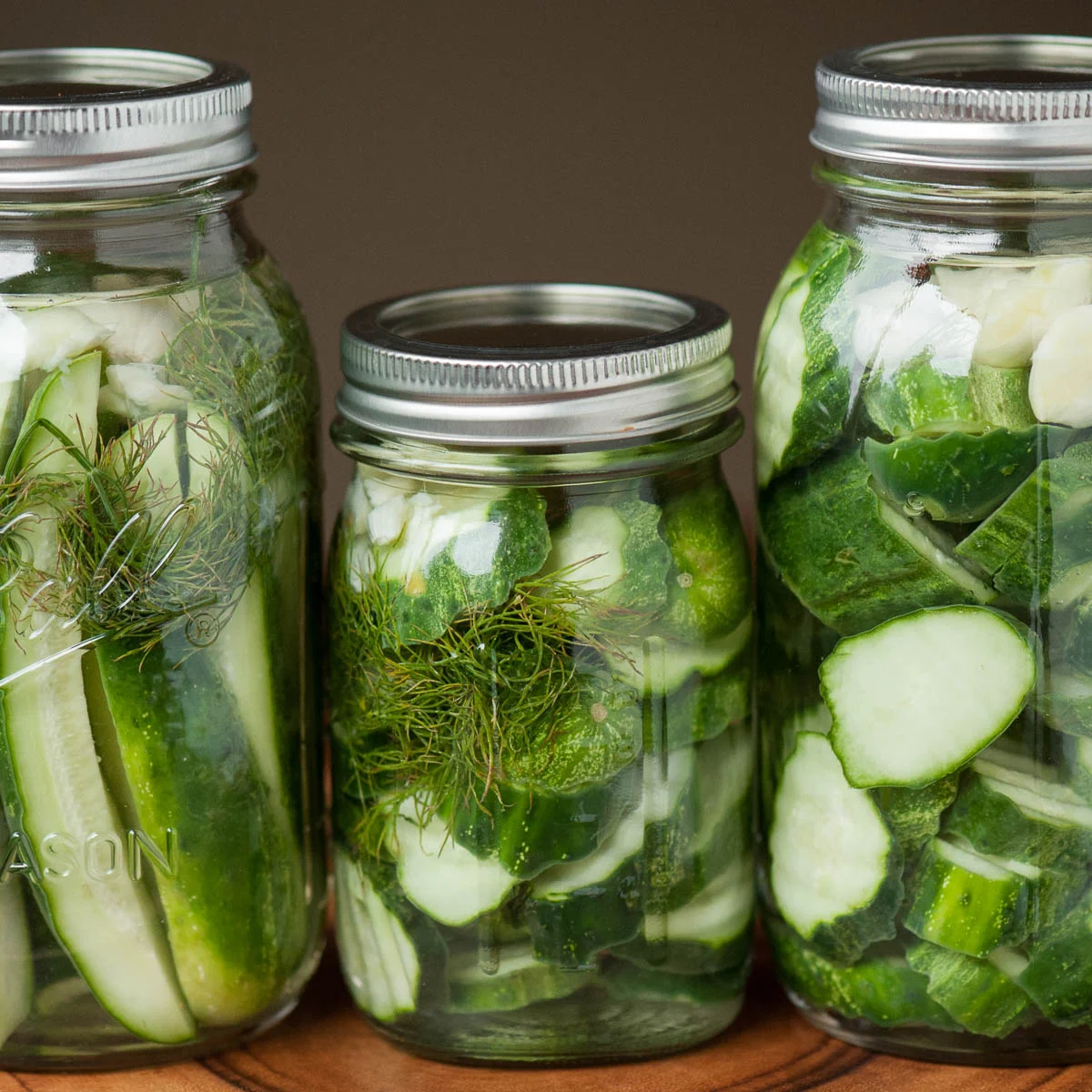

0 thoughts on “How To Store Chives In Water”